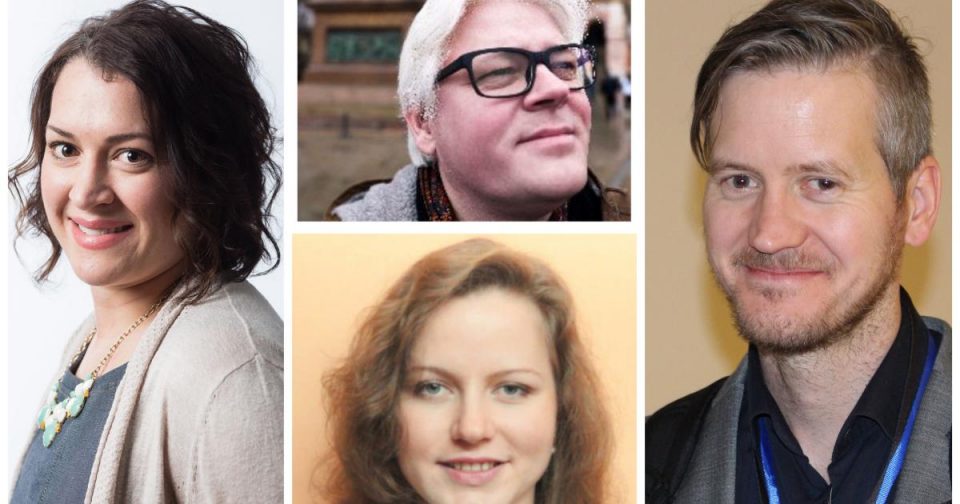“We believe there should be more EU in the Arctic and more Arctic in the EU” , says Antti Rinne, former Finnish Prime Minister.
The EUs current Arctic policy from 2016 focuses on climate and environmental protection, sustainable development and international cooperation. The EU has followed up with contributions to research and international cooperation in these areas.
However, the EU’s engagement in the Arctic is overlooked internally – with the Arctic perceived of as a marginal arena for policy action – and externally – with a lack of broader recognition for the EU’s Arctic efforts and contributions.
We suggest that the EU has perhaps defined its Arctic policy approach – and understood Arctic governance – too narrowly. Arctic policy has been a niche concern in Brussels, and this has resulted in a focused and consistent approach, but involved too few EU actors in Arctic policymaking.
Consequently, the EU has unwittingly limited its role in the Arctic and made it even more difficult to formulate a convincing narrative about what the EU has to do with and in the Arctic.
In our view, there are three broader policy areas that have untapped potential for giving additional ballast to the EU as an Arctic actor: energy, ocean and space governance.
Energy:
Around 24% of oil and gas consumed in the EU comes from the Arctic, and Russia’s Arctic in large part. The Arctic accounts for 10% of Russia’s BNP and about 20% of export income.
Western Europe has been a longstanding customer of Russia and the Soviet Union, importing gas from northwest Russia through pipelines crossing eastern and central Europe. These are now meant to be replaced with Nordstream 1 and 2 under the Baltic Sea directly connecting Russia and Germany.
Natural gas production in Russia’s Arctic is set to develop further in the coming years, with support from Europe. The Yamal LNG-project, with a price tag of of 27 billion USD originally had an investment structure consisting of Novatek (Russia, 60%), Total (France, 20%) and China National Petroleum Corporation (20%).
The Western sanctions regime put in place after the Ukraine crisis limited financing from western sources, resulting in 9.9% of Novatek’s share going to the Silk Road Fund (a major Chinese state investment fund).
Europe is also the destination for the LNG produced on Yamal, with the project delivering with tank skips both westward to European ports and through the Northern Sea Route to Asia.
The Yamal project has been followed up by the Arctic LNG2 project and LNG terminals on the Kola Peninsula and Kamchatka, also with support from Total. The takeaway here is that EU energy policy, Russia’s Arctic energy resources, Total’s activities and Nordstream 1 and 2 are a real part of the EU’s Arctic politics – if not yet a part of an articulate Arctic policy.


